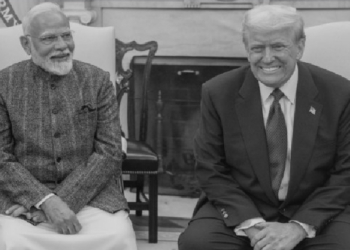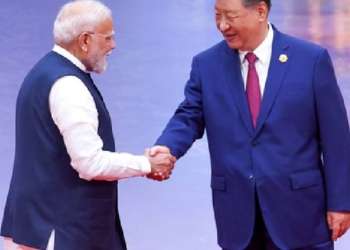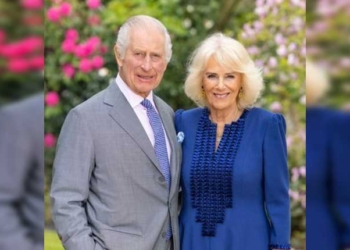New York: Dr Anthony Fauci, often seen as the face of the public health response during the Covid-19 pandemic in the US, said he is experiencing nightmares about ‘next inevitable pandemic’.
Writing in an editorial in the journal Science Translational Medicine, Fauci said he realised his worst nightmare in January 2020 when the type of virus he most feared triggered a worldwide pandemic.
Covid-19 has exacted a toll that truly is nightmarish, claiming the lives of more than 20 million people globally.
“For the past three and a half years, we all have been living my worst nightmare: a deadly pandemic caused by SARS-CoV-2, exactly the type of virus that I most feared,” said Fauci, who spent four decades as director of the National Institute of Allergy and Infectious Diseases at the National Institutes of Health.
“Despite the waning of the pandemic, we must not become complacent that the pandemic is behind us, because we have been surprised before by the emergence of new SARS-CoV-2 variants that have eluded the protection afforded by prior vaccination or infection,” said Fauci, who is now a Professor at Georgetown University School of Medicine and the McCourt School of Public Policy.
In the editorial, Fauci reviewed the key lessons learned from Covid-19 to help prepare and respond to the next pandemic, “whenever that occurs.”
Although the world is in a much better place today than “1 or 2 years ago… we can reflect on lessons learned that could reduce the likelihood that we will be ‘kept awake’ at night by another devastating, emergent pathogen”.
He also described two “buckets” for these lessons: the public health bucket and the scientific bucket.
“If there is a success story embedded in the Covid-19 saga, it is in the arena of basic, translational, and clinical science — the scientific bucket,” Fauci wrote.
Fauci outlined failures that fall in the public health “bucket” ranging from institutional weaknesses to the disconnect between health care delivery and the public health infrastructure.
Specifically, he noted poor coordination between state and governments, supply chain issues, and misinformation and disinformation.
He also attributed the success to decades of investment in basic research, noting the scientific achievements of Drew Weissman, and Katalin Kariko, awarded the 2023 Nobel Prize in Medicine or Physiology for their discoveries that enabled the development of effective mRNA vaccines against Covid-19.
(IANS)















